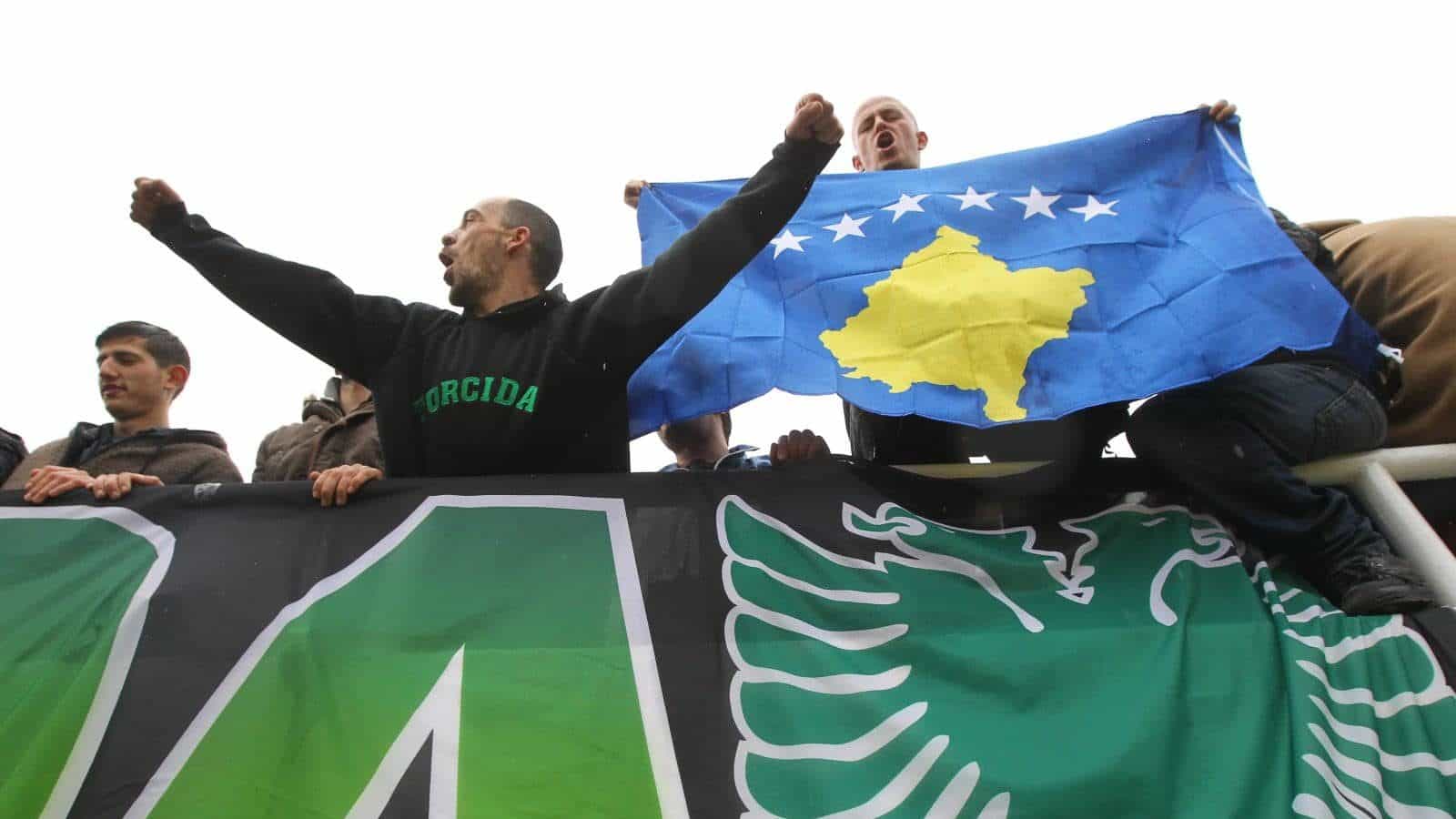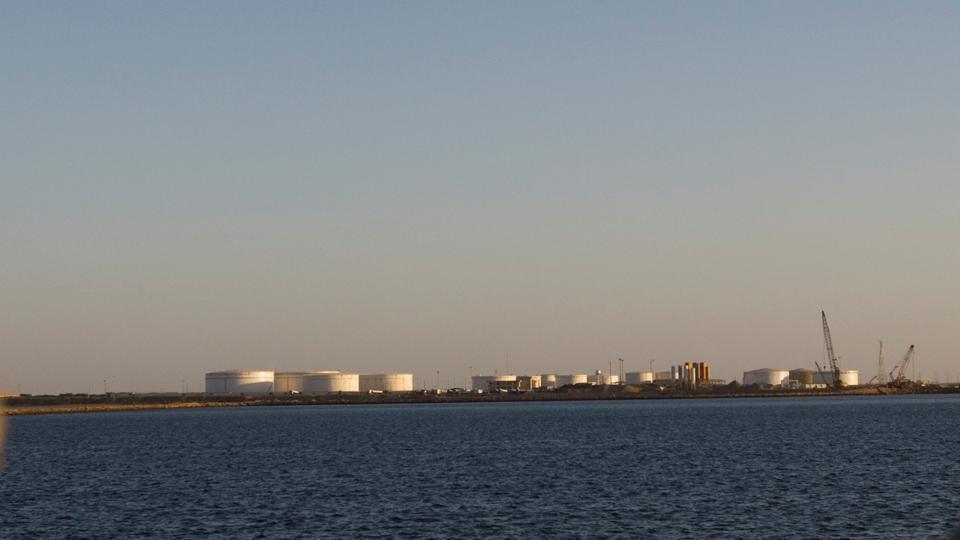EU Observer (19 September 2019)
What is the "European way of life"?
In a continent as geographically, linguistically and culturally diverse as ours, this is very difficult to answer.
The way that Europeans live their lives is informed by centuries of history, enriched by overlapping traditions and the shared experience of different peoples, from long-settled communities to new arrivals, living side by side.
In today's turbulent times, we believe it is more fruitful to reflect on what constitute European values, and how these can be applied and strengthened in an era of globalisation and mass migration.
All over the world, from children held in cages on the United States' southern border to Rohingya communities living a precarious existence in Bangladesh, the treatment of refugees is a challenge to our common humanity.
In Europe, attention in recent years has focused on the large numbers of people seeking refuge from Syria and other conflict-riven countries in the Middle East, and on the xenophobic backlash this has sparked in some countries and among some political leaders.
There are currently around 2.7 million refugees in Europe, out of an overall population of some 740 million people.
Globally, 25.9 million people are classified today as refugees.
This includes 20.4 million people under the mandate of the UN refugee agency (UNHCR), and 5.5 million Palestinian refugees under the specific protection of United Nations Relief and Works Agency for Palestine Refugees (UNRWA).
Globally, some 70.8 million people are forcibly displaced from their homes due to conflict, climate change and economic inequality.
With a freshly-elected European Parliament and a new leadership team preparing for office in the EU Commission, we believe it is time for the EU as a whole to adopt a new approach.
It needs to develop institutionalised and mandatory mechanisms, obliging a fairer share for the provision of international protection to refugees and asylum seekers across member states.
Europe has faced refugee crises in the past. But for large parts of the last century, this was when Europeans themselves were refugees, after the Second World War, or more recently after the Soviet Union's invasion of Hungary in 1956 and the Balkan wars of the 1990s.
Today, too many political leaders appear to overlook this recent history.
Three years ago, EU leaders joined other heads of state at a special UN summit to agree to develop new Global Compacts on Migration and Refugees.
"Responsibility-sharing" lies at the heart of this vision for humane and fair treatment of refugees, but it has largely been honoured in the breach by the prosperous countries of the Global North.
In 2015, German chancellor Angela Merkel responded to the unprecedented arrival of refugees from Syria and other Middle Eastern conflicts to Europe by saying "Wir schaffen das" ("We can do this") – and opening Germany's borders. To date, some 514,000 Syrian refugees have been welcomed in Germany.
But the wider policies of the European Union have been very much focused on preventing refugees and asylum seekers from arriving on its shores, favouring instead a policy of "externalisation" and paying other countries to host refugees and bar their onward journeys.
The top ten refugee-hosting countries worldwide host about 62 percent of the 20.4 million refugees under the mandate of the UN refugee agency. Turkey, Pakistan and Uganda make up the top three, with Turkey alone hosting some 3.7 million refugees, mainly from Syria.
Proper perspective
These figures put what some people term Europe's "refugee crisis" in perspective.
As former national leaders, we know it is not easy to withstand public pressures and put collective interests ahead of domestic concerns.
National sovereignty remains an essential element to European politics, and EU decisions must acknowledge and respect political realities and the decisions of national electorates.
But without strong institutional leadership on this critical issue, EU values themselves risk ringing hollow, not least to those people seeking safety and protection on Europe's shores.
This is why we believe it is vital that the EU moves forward on agreeing a Union resettlement framework that puts the protection of refugees at its core, and that it endorses the European Parliament's original proposal of committing to take 20 percent of the overall 1.4 million people identified by UNHCR as being in need of resettlement.
This would represent 280,000 refugees. Can European leaders, and indeed European citizens, honestly say that their societies cannot bear this number of new arrivals?
Refugees have enriched European societies for centuries and offer a path to a prosperous way of life today.
All leaders and citizens should recall the words of one of the most famous European refugees of all time, Albert Einstein:
"Not everything that can be counted counts, and not everything that counts can be counted."
Author bio
Mary Robinson is a former president of Ireland and UN High Commissioner for Human Rights. Gro Harlem Brundtland is a former prime minister of Norway. They are members of The Elders, the group of independent global leaders founded by Nelson Mandela.
No comments yet.
- EUROPE'S REFUGEE POLICY IS TEST OF ITS TRUE 'WAY OF LIFE' Europe - EU 19.09.2019
- NEW AMBASSADOR OF KAZAKHSTAN TAKES OFFICE IN TURKMENISTAN Central Asia 19.09.2019
-
 KOSOVO FOOTBALL CHIEFS CONDEMN UNAUTHORISED MATCH IN NORTH
The Balkans
19.09.2019
KOSOVO FOOTBALL CHIEFS CONDEMN UNAUTHORISED MATCH IN NORTH
The Balkans
19.09.2019
-
 UZBEKISTAN BACKS INDIA ON IRAN’S CHABAHAR PORT
Central Asia
19.09.2019
UZBEKISTAN BACKS INDIA ON IRAN’S CHABAHAR PORT
Central Asia
19.09.2019
- ARMENIAN PM APPOINTS INTERIM POLICE AND SECURITY CHIEFS The Caucasus and Turkish-Armenian Relations 19.09.2019
-
25.01.2016
THE ARMENIAN QUESTION - BASIC KNOWLEDGE AND DOCUMENTATION -
12.06.2024
THE TRUTH WILL OUT -
27.03.2023
RADİKAL ERMENİ UNSURLARCA GERÇEKLEŞTİRİLEN MEZALİMLER VE VANDALİZM -
17.03.2023
PATRIOTISM PERVERTED -
23.02.2023
MEN ARE LIKE THAT -
03.02.2023
BAKÜ-TİFLİS-CEYHAN BORU HATTININ YAŞANAN TARİHİ -
16.12.2022
INTERNATIONAL SCHOLARS ON THE EVENTS OF 1915 -
07.12.2022
FAKE PHOTOS AND THE ARMENIAN PROPAGANDA -
07.12.2022
ERMENİ PROPAGANDASI VE SAHTE RESİMLER -
01.01.2022
A Letter From Japan - Strategically Mum: The Silence of the Armenians -
01.01.2022
Japonya'dan Bir Mektup - Stratejik Suskunluk: Ermenilerin Sessizliği -
03.06.2020
Anastas Mikoyan: Confessions of an Armenian Bolshevik -
08.04.2020
Sovyet Sonrası Ukrayna’da Devlet, Toplum ve Siyaset - Değişen Dinamikler, Dönüşen Kimlikler -
12.06.2018
Ermeni Sorunuyla İlgili İngiliz Belgeleri (1912-1923) - British Documents on Armenian Question (1912-1923) -
02.12.2016
Turkish-Russian Academics: A Historical Study on the Caucasus -
01.07.2016
Gürcistan'daki Müslüman Topluluklar: Azınlık Hakları, Kimlik, Siyaset -
10.03.2016
Armenian Diaspora: Diaspora, State and the Imagination of the Republic of Armenia -
24.01.2016
ERMENİ SORUNU - TEMEL BİLGİ VE BELGELER (2. BASKI)
-
AVİM Conference Hall 24.01.2023
CONFERENCE TITLED “HUNGARY’S PERSPECTIVES ON THE TURKIC WORLD"









